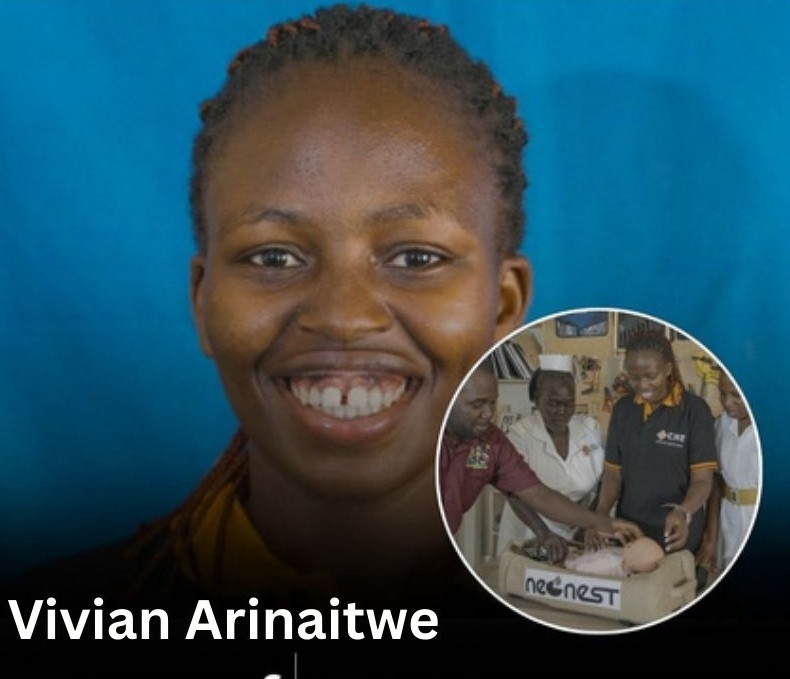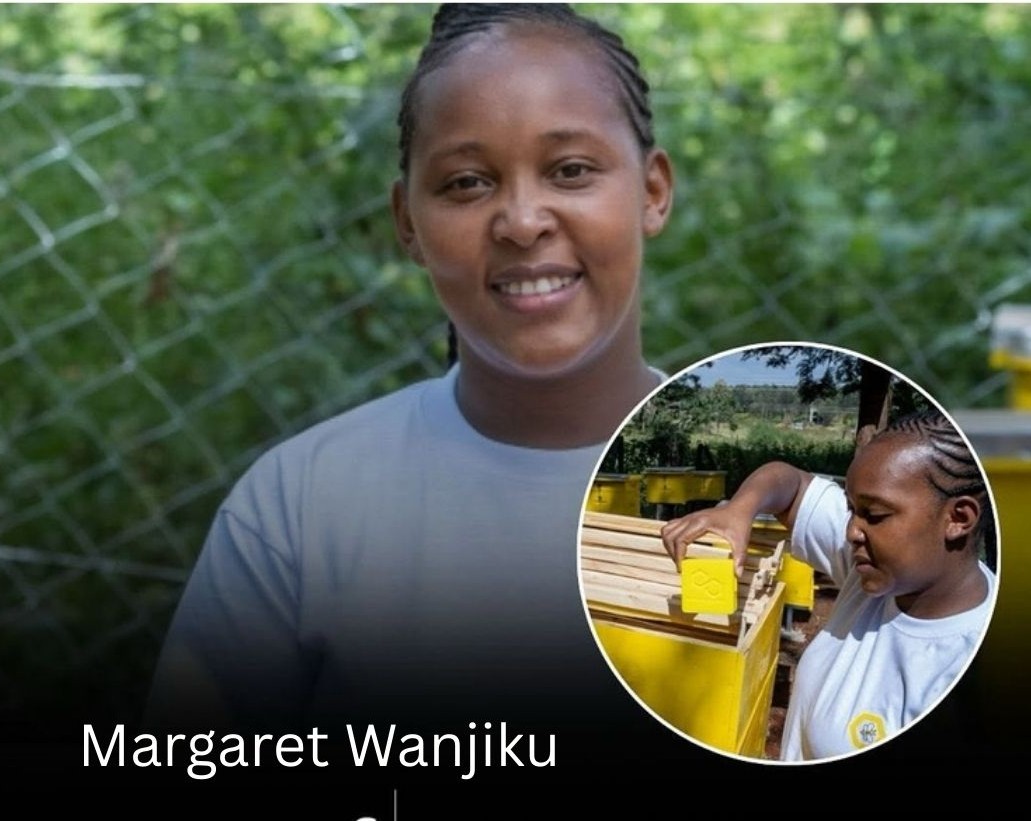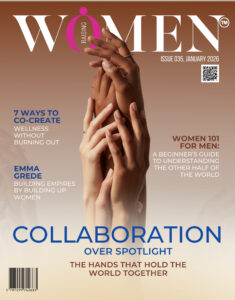How Three Bold Women Are Revolutionizing Tech to Save Lives and Sustain Communities
By Tilly Boateng
Africa’s innovative spirit is well represented by women who have harnessed technology to tackle pressing challenges in their communities. In Kenya and Uganda, three remarkable entrepreneurs Margaret Wanjiku, Vivian Arinaitwe, and Nura Izath are turning local issues into scalable solutions that improve livelihoods, enhance healthcare, and empower rural populations. Their stories exemplify the transformative power of technology when combined with passion and a commitment to change.
Margaret Wanjiku and Pollen Patrollers
Margaret Wanjiku, the force behind Pollen Patrollers, grew up in the rural settings of Kenya where she witnessed the vital role that bees play in agriculture first-hand. Raised amidst the practices of traditional beekeeping, Margaret observed the challenges farmers faced, most notably the frequent collapse of hives that jeopardized both honey production and crop pollination. Determined to provide a solution, she co-founded Pollen Patrollers, an all-women start-up that leverages cutting-edge IoT technology to transform the beekeeping value chain.
At the heart of Pollen Patrollers’ approach is the Smart Hive: a compact, IoT-powered device that monitors temperature, humidity, sound, and foraging activity inside beehives. Equipped with AI-driven analytics, the device provides real-time data that enable beekeepers to take timely action to safeguard their hives. A key feature is its built-in solar panel, which ensures that even beekeepers in remote areas without access to reliable electricity can benefit from constant monitoring.
By integrating satellite imagery and precision mapping, the company also offers an innovative pollination service that significantly boosts crop yields. Farmers who have adopted these technologies report revenue increases as high as 33% and improvements in crop yield quality reaching 50%.
Margaret’s leadership has not only redefined modern beekeeping in Kenya, but it has also empowered local women. By ensuring that every field agent and team member is a woman, Pollen Patrollers stands as a beacon of community upliftment and gender empowerment. With plans to expand the use of IoT technology across Africa, Margaret’s vision is clear: to combine traditional knowledge with modern technology in a way that preserves natural resources while driving sustainable agricultural practices.
Vivian Arinaitwe and NeoNest
In Uganda, Vivian Arinaitwe has set her sights on addressing one of the most critical challenges in neonatal care: hypothermia among prematurely born infants during transport. In many regions of Uganda, long journeys from rural health centers to specialized hospitals often leave newborns at risk of dangerously low body temperatures. With a background deeply rooted in the realities of rural life, Vivian saw an urgent need for a solution that could provide continuous, reliable care even during transportation. This need led her to co-create NeoNest through her work with Che Innovations.

NeoNest is a low-cost, portable neonatal warming and monitoring device designed explicitly for use in ambulances and other transport scenarios. It operates by drawing power from the ambulance’s socket and employs a smart temperature control system. Once an infant is safely secured within the device with adjustable supports and Velcro straps for stability, the NeoNest continuously monitors body temperature and alerts healthcare workers via intuitive LED signals. A green light signifies normal conditions, while orange and red signal warnings and danger, respectively.
Built with affordability and accessibility in mind, the device uses locally sourced and repurposed materials, including a jerry can that has been innovatively transformed to serve as a container and heat regulator. NeoNest not only ensures the survival of vulnerable infants by maintaining optimal body temperatures throughout long journeys but also integrates seamlessly into Uganda’s constrained healthcare infrastructure. With a low production cost and a design tailored to local needs, Vivian’s innovation is set to scale across Uganda and, potentially, other resource-limited regions in sub-Saharan Africa.
Nura Izath and Autothermo
Nura Izath, a product and systems engineer from Uganda, brings a personal touch to innovation with her creation, Autothermo. Inspired by the challenges of monitoring newborns, a struggle highlighted during her early caregiving experiences. Nura designed Autothermo to continuously track critical health indicators in neonates. Her journey was marked by personal loss and resilience; the passing of her father left a lasting impact, imbuing her with the determination to develop technologies that can save lives.
Autothermo is a wearable, bracelet-like device that encircles a newborn’s upper arm and uses medical-grade sensors to monitor vital signs such as temperature, heart rate, and oxygen saturation. The device’s design prioritizes simplicity and effectiveness: a rechargeable battery keeps it powered, while built-in RGB LEDs offer quick, easily interpretable visual alerts.
In environments where traditional thermometers and manual checks fail to provide continuous data, Autothermo delivers real-time monitoring, transmitting information wirelessly to a central display. This ensures that healthcare professionals and even caregivers at home can respond promptly to any health anomalies.
Constructed with ISO 10993-compliant medical-grade silicone and recyclable materials, Autothermo is designed for both comfort and safety. Its innovative use of an emoji-based alert system makes it accessible not only to healthcare workers in hospitals but also to parents who may not have extensive technical knowledge. Nura’s drive to secure ISO certification and her vision to scale production further underscore her commitment to reducing neonatal mortality in Uganda and across Africa. With clinical validations underway, Autothermo has the potential to revolutionize neonatal care in resource-limited settings and dramatically reduce preventable infant deaths.
Empowering Communities Through Technology
The stories of Margaret, Vivian, and Nura are testaments to the transformative power of local innovation. Each woman identified a critical challenge in their respective communities like beekeeping, neonatal care during transport, and continuous neonatal monitoring, and responded with a tailored, technologically driven solution. Their work goes beyond mere business innovation; it is a rallying cry for sustainable development, gender equity, and community empowerment.
Their successes have inspired not only their local communities but also the wider entrepreneurial ecosystem across Africa. Shortlisted for the Africa Prize for Engineering Innovation and other industry recognitions, these innovators are paving the way for future generations of women in tech. They show that technology, when grounded in local realities and supported by robust, community-focused solutions, can have a far-reaching impact on both economic and social fronts.
In celebrating these three trailblazers, we recognize a broader movement in Africa, a move toward harnessing technology to solve pressing societal challenges while ensuring that the solutions are accessible, affordable, and sustainable. Their work embodies the spirit of innovation that is not only reshaping industries but also transforming lives across the continent.







